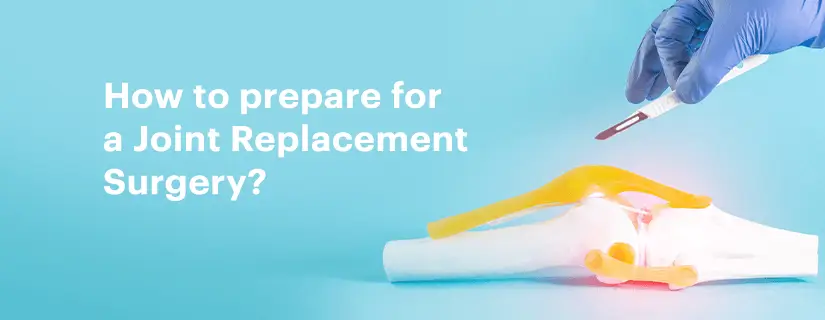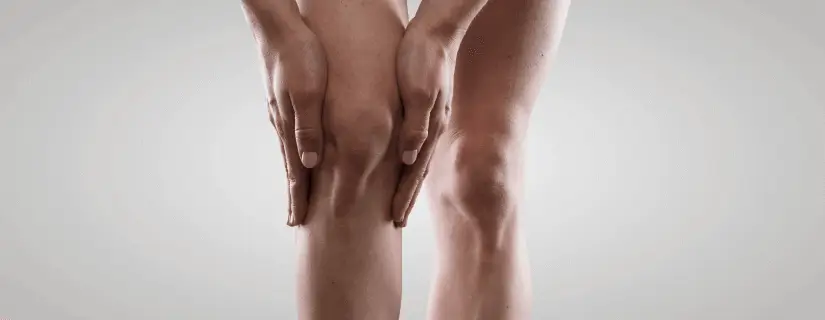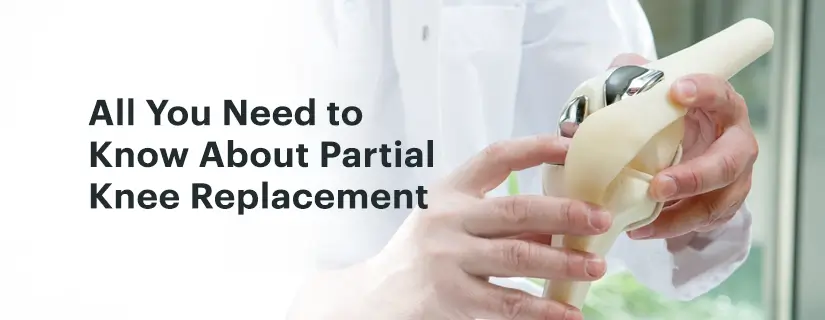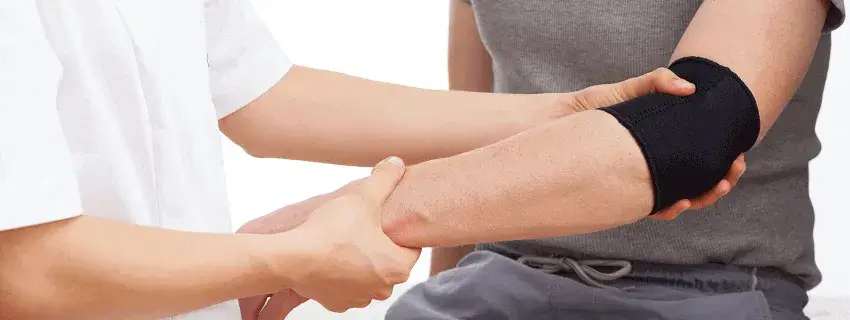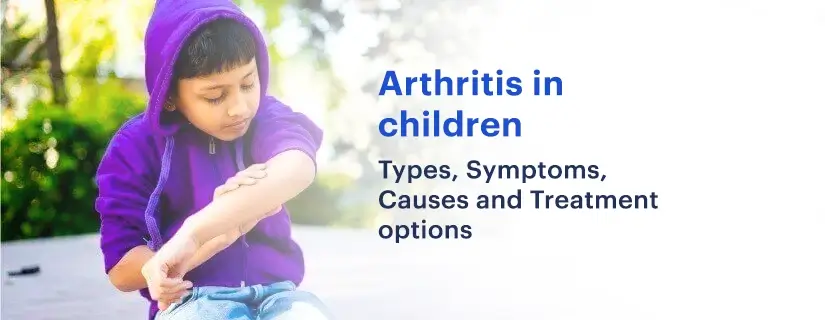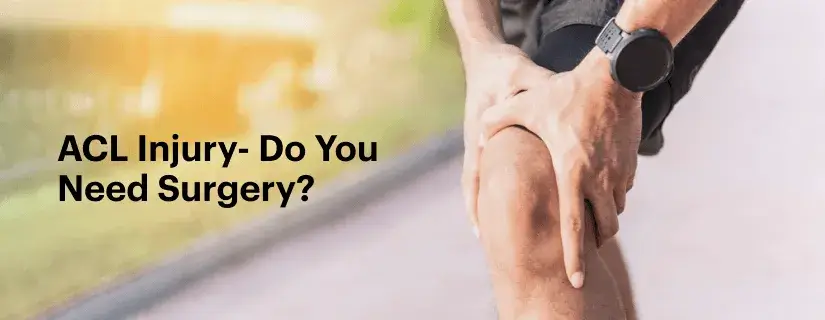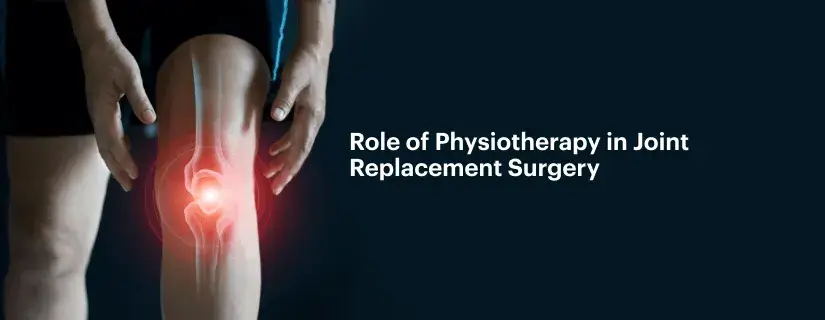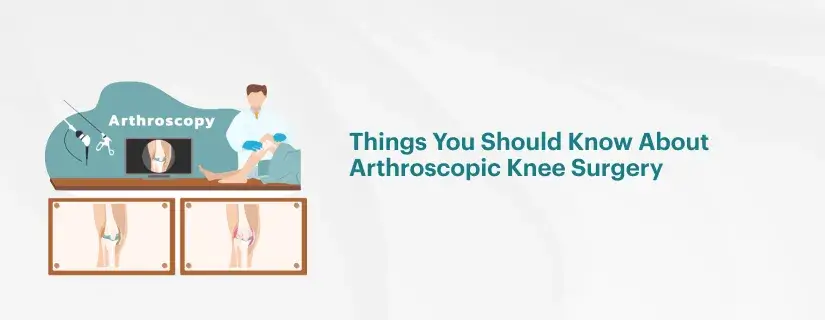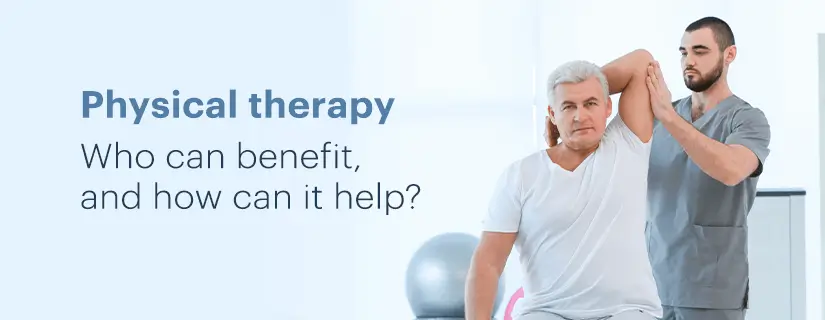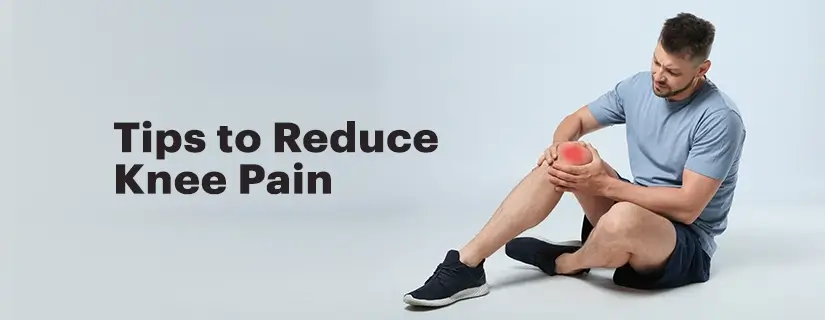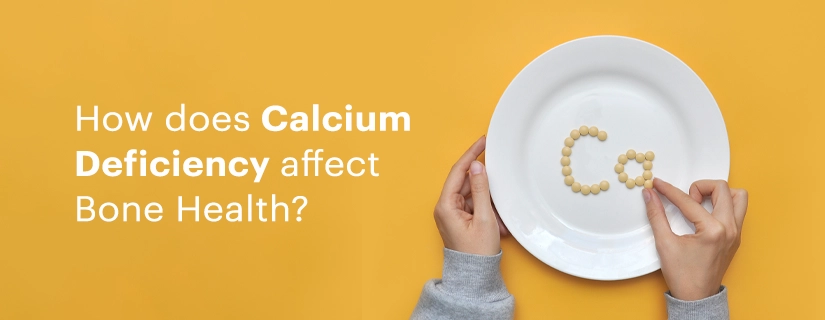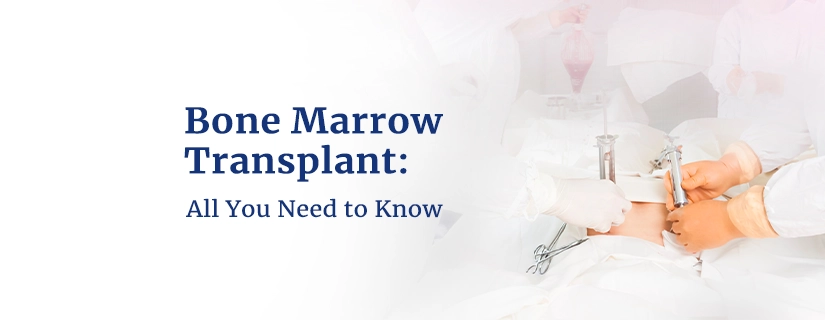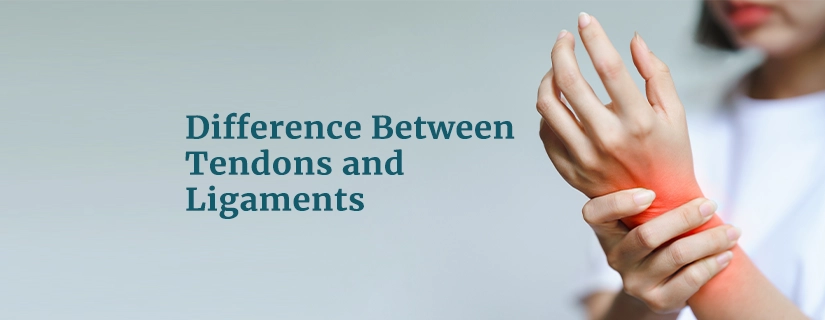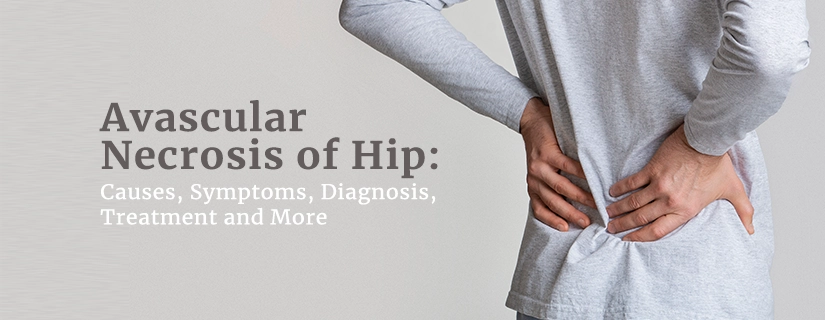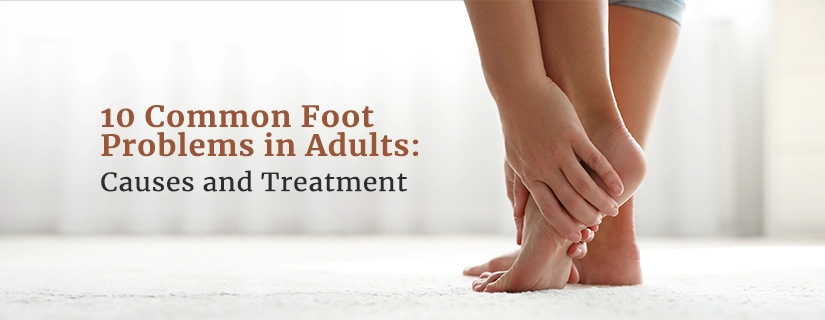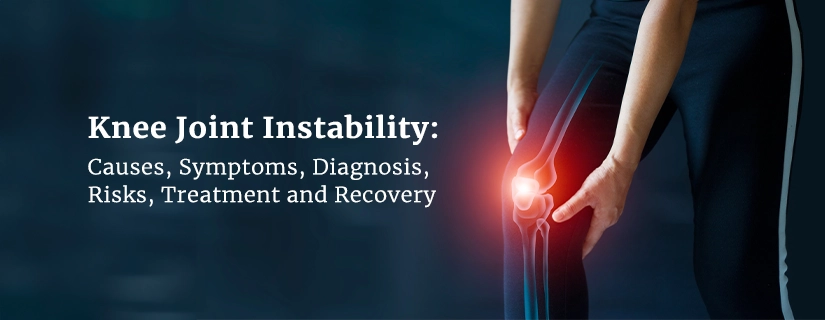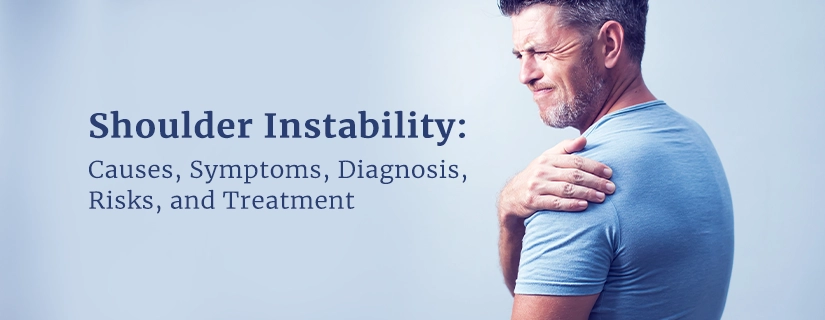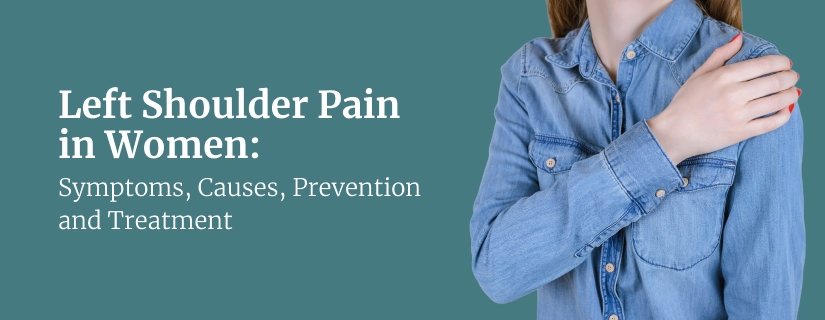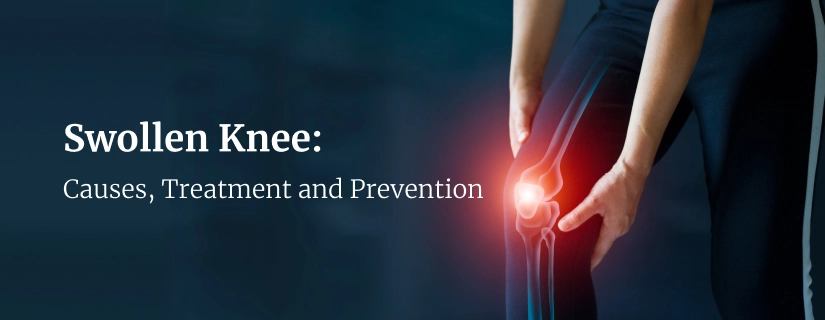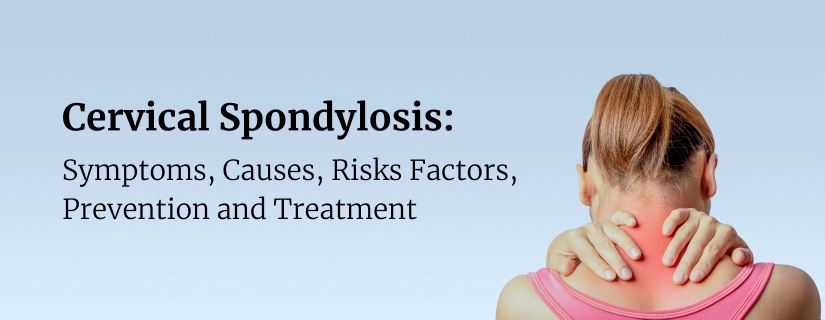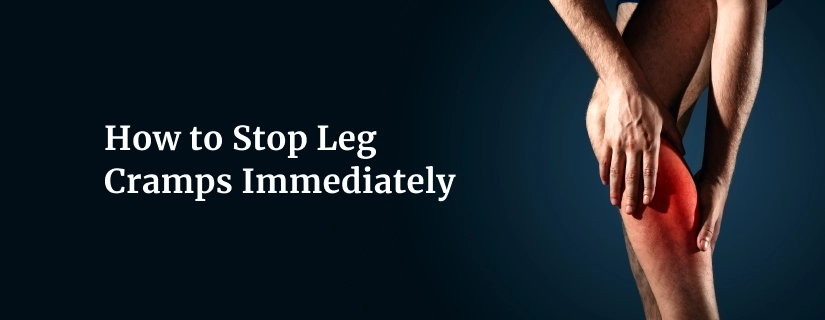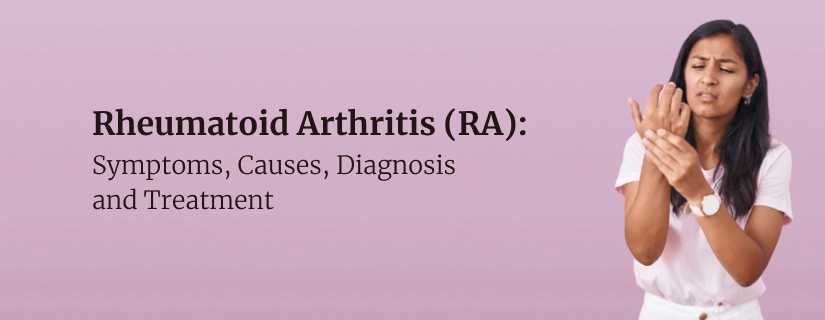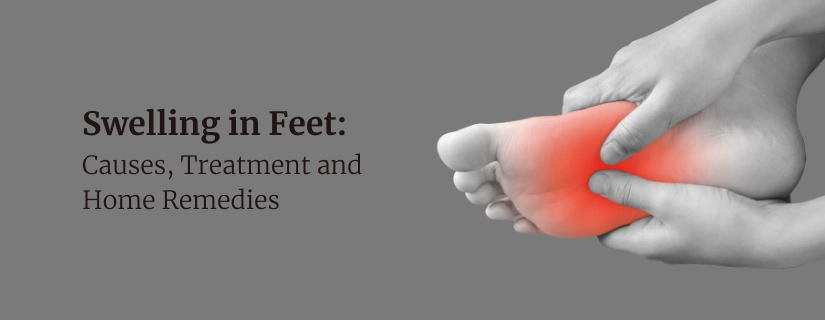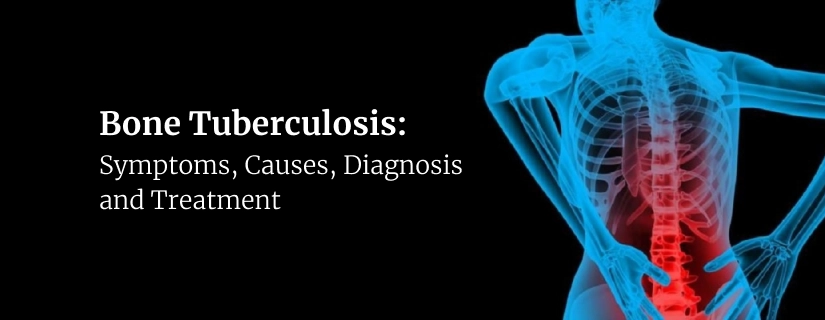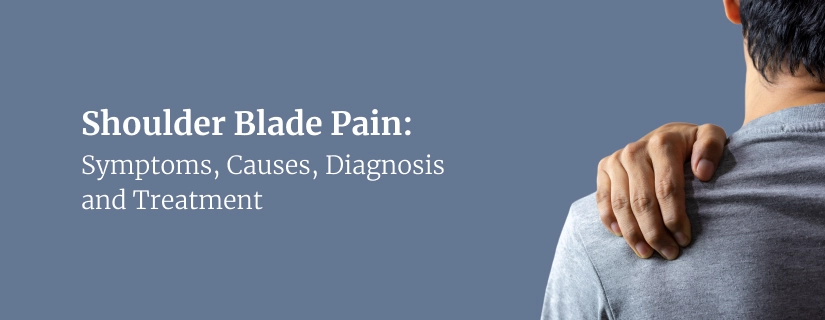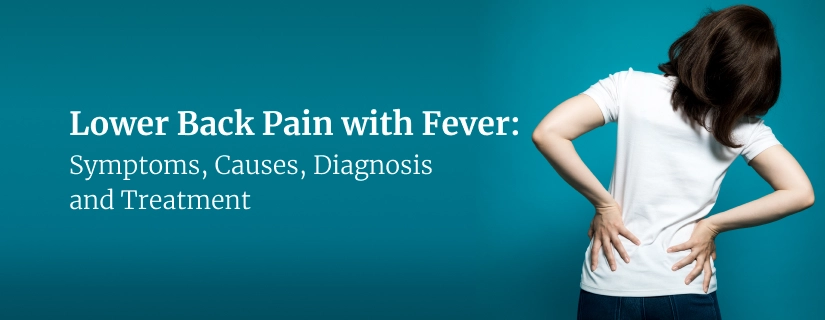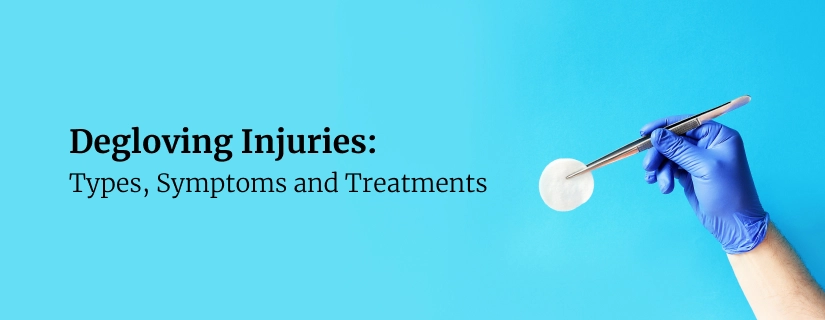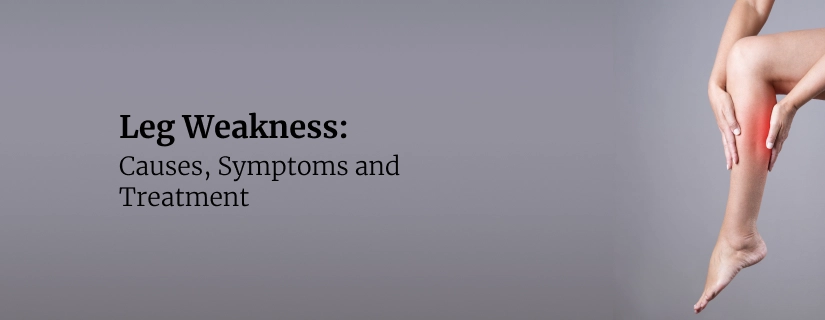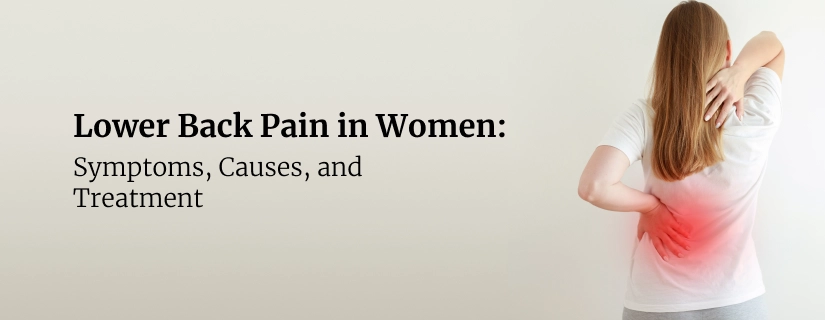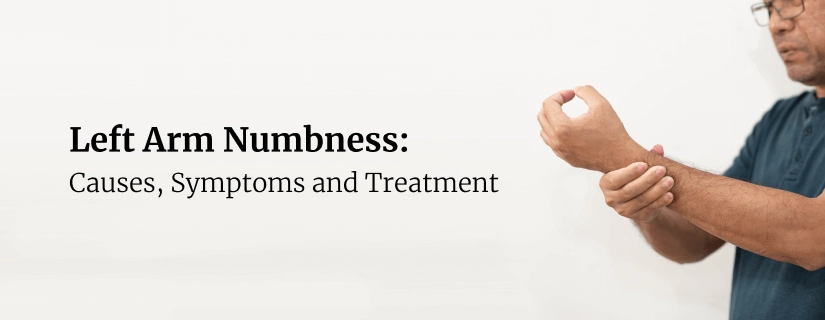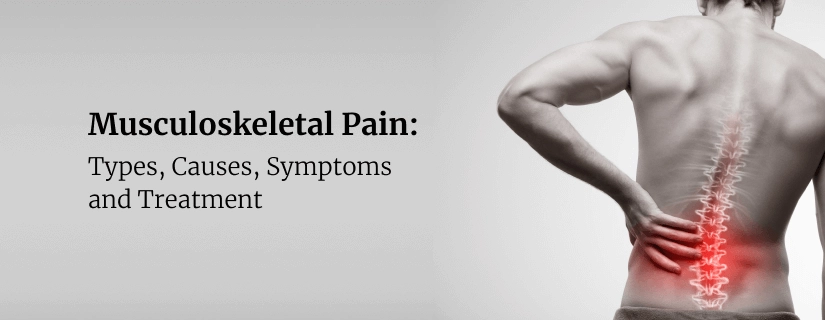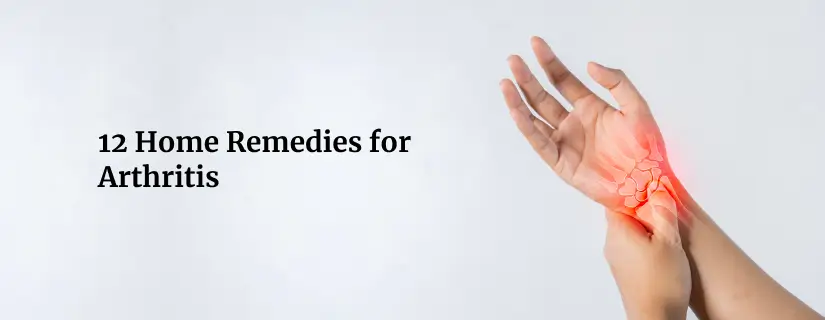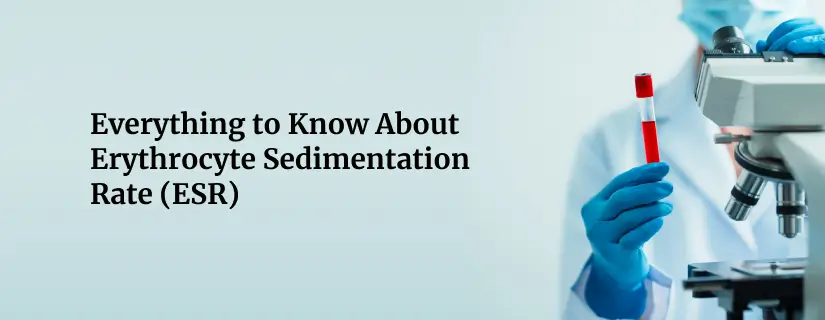-
Doctors
-
Specialities & Treatments
Centre of Excellence
Specialties
Treatments and Procedures
Hospitals & Directions HyderabadCARE Hospitals, Banjara Hills CARE Outpatient Centre, Banjara Hills CARE Hospitals, HITEC City CARE Hospitals, Nampally Gurunanak CARE Hospitals, Musheerabad CARE Hospitals Outpatient Centre, HITEC City CARE Hospitals, Malakpet
HyderabadCARE Hospitals, Banjara Hills CARE Outpatient Centre, Banjara Hills CARE Hospitals, HITEC City CARE Hospitals, Nampally Gurunanak CARE Hospitals, Musheerabad CARE Hospitals Outpatient Centre, HITEC City CARE Hospitals, Malakpet Raipur
Raipur
 Bhubaneswar
Bhubaneswar Visakhapatnam
Visakhapatnam
 Nagpur
Nagpur
 Indore
Indore
 Chh. Sambhajinagar
Chh. SambhajinagarClinics & Medical Centers
Book an AppointmentContact Us
Online Lab Reports
Book an Appointment
Consult Super-Specialist Doctors at CARE Hospitals
Rotator Cuff Tear - Signs You Must Not Ignore
Updated on 4 December 2019
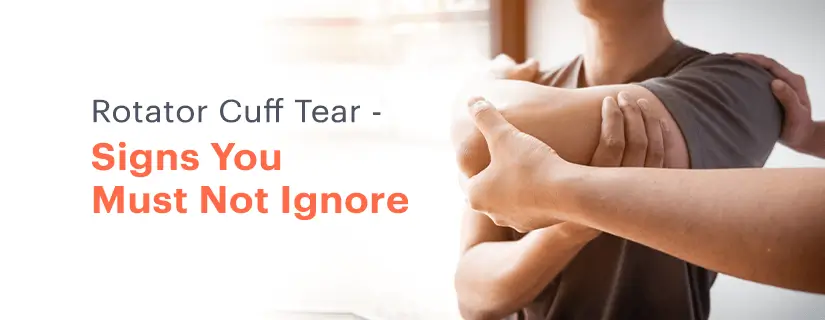
Table of Content
- What is a Rotator Cuff Tear?
- How Common are Rotator Cuff Tears?
- Types of Rotator Cuff Tear
- Rotator Cuff Tear - Signs You Must Not Ignore
- What Causes Rotator Cuff Tears?
- Diagnosing a Rotator Cuff Tear
- Pros and Cons of Rotator Cuff Tear
- Treatment for a Rotator Cuff Tear may Involve Non-surgical and Surgical Approaches
- Difference Between Partial and Full Rotator Cuff Tears
- When to see a doctor
- FAQs
One of the main reasons why people experience shoulder pain quite regularly is rotator cuff tear. Resulting from normal wear and tear, rotator cuff injury affects the rotator cuff (a group of tendons surrounding the shoulder) and causes continuous throbbing pain in the shoulder. The pain intensifies as and when the shoulder joint is compromised. This can happen in a variety of ways. For instance, if you are sleeping on the side of the shoulder which is injured, the pain may acutely intensify. Medical assistance is required in such scenarios. Medical experts at the best hospitals for shoulder surgeries worldwide suggest people suffering from rotator cuff tear to seek medical advice as early as possible. In other words, the rotator cuff tear treatment must not be delayed at any cost.
People who are regularly involved in jobs that require continuous overhead movements are at higher risk of getting their rotator cuff injured. Some of these jobs are painting, carpentry, and of course, sports activities. At first, physical therapy is recommended for patients with rotator cuff tears. It improves the symptoms considerably. In case, physiotherapy doesn’t help, other measures are carried out.
What is a Rotator Cuff Tear?
How Common are Rotator Cuff Tears?
Patients under the age of 35 may occasionally experience partial rotator cuff injuries. These tears may be caused by an injury. Partial rotator cuff tears are common among sportsmen, like baseball pitchers. Partial rotator cuff injuries in competitive athletes are treated the same as partial tears in older persons.
Types of Rotator Cuff Tear
The following are the basic types of rotator cuff tear:
-
Partial tear: Also known as an incomplete tear, it slightly injures the tendon.
- Full tear: Also known as a complete tear, a full rotator cuff tear results in the disjointing of the tendon completely.
Rotator Cuff Tear - Signs You Must Not Ignore
Check for the following signs and rotator cuff tear symptoms to confirm that you are suffering from a rotator cuff tear:
- If your left shoulder is injured and you sleep on the same side (by habit or mistake), excruciating shoulder pain will resurface which may be due to the rotator cuff tear.
- If you feel pain in your shoulder while lifting heavy weights or making specific movements, you might be suffering from rotator cuff tears.
- If you are feeling weak in your arms while moving your shoulders, a rotator cuff tear may have happened.
- If you are struggling while performing your daily life activities like combing your hair or anything else that necessitates the movement of your shoulders and arms, a rotator cuff tear may be a possibility.
What Causes Rotator Cuff Tears?
An accident, like a fall, can lead to a broken collarbone or a dislocated shoulder that can result in a tear of your rotator cuff.
More commonly, rotator cuff tears develop gradually over time due to aging and wear (degenerative tear). People over 40 are particularly susceptible.
Causes of degenerative tears include:
- Bone Spurs: Growths of bone can form on the top of your shoulder bone. These spurs can rub against your tendon when you raise your arm. This rubbing creates friction between your bone and tendon, potentially leading to a partial or complete tear.
- Reduced Blood Flow: As you age, blood flow to your rotator cuff diminishes. Your muscles and tendons rely on a healthy blood supply to repair themselves. If your tendons lack proper nourishment from blood, they become more prone to tearing.
- Overuse: Repeated shoulder movements from sports or job-related activities can place stress on your muscles and tendons, increasing the risk of a tear.
Diagnosing a Rotator Cuff Tear
- Medical History: Your doctor will start by discussing your symptoms and medical history, including any prior shoulder injuries.
- Physical Examination: A thorough physical examination involves assessing your shoulder's range of motion, strength, and any signs of tenderness or swelling.
- Imaging Tests: To confirm the diagnosis and evaluate the tear's size and location, your doctor may recommend imaging tests such as:
- X-rays: To rule out other shoulder problems like arthritis.
- Ultrasound: A dynamic imaging technique that can show the cuff's condition during movement.
- MRI (Magnetic Resonance Imaging): Provides detailed images of the soft tissues, helping to visualize the tear.
- Arthroscopy: In some cases, an arthroscopic procedure may be needed. It involves inserting a small camera through a tiny incision to directly view and repair the tear.
Pros and Cons of Rotator Cuff Tear
Pros:
- Early Detection: Identifying a rotator cuff tear early can lead to prompt medical intervention, potentially preventing the tear from worsening.
- Treatment Options: Depending on the tear's size and severity, there are both conservative and surgical treatment options available, allowing for tailored care.
- Physical Therapy: Physical therapy, often recommended for rotator cuff tears, can improve shoulder strength and range of motion, leading to better overall shoulder health.
- Improved Lifestyle: Successful treatment can lead to reduced pain and improved shoulder function, allowing individuals to resume their daily activities and enjoy a better quality of life.
Cons:
- Pain and Discomfort: Rotator cuff tears can cause significant pain and discomfort, making daily tasks challenging and affecting one's quality of life.
- Limited Function: Depending on the severity of the tear and treatment success, individuals may experience limited shoulder function and reduced range of motion.
- Recovery Time: Recovery from a rotator cuff tear, especially after surgery, can be a lengthy process, requiring patience and dedication to rehabilitation.
- Possible Complications: Surgery carries risks, including infection, nerve damage, or incomplete healing. There's also a possibility of re-tearing the cuff.
- Financial Costs: Medical treatment, including surgery and physical therapy, can be expensive, and insurance coverage may vary.
- Impact on Daily Life: A rotator cuff tear can disrupt daily routines, affect work, and limit participation in sports or hobbies.
Treatment for a Rotator Cuff Tear may Involve Non-surgical and Surgical Approaches
Surgical Treatment Options:
Surgery may be recommended for a full tear or if nonsurgical approaches donot provide relief. It may also be considered if the tear significantly impairs daily activities or athletic engagement. The majority of rotator cuff surgeries are arthroscopic outpatient procedures that need at least a year of recovery time. During surgery, the healthcare provider will insert an arthroscope through a small shoulder incision.
- The surgery is guided by pictures obtained with an arthroscope.
- Uses microscopic instruments through small incisions to remove bone spurs and restore the tendon to the upper arm bone.
For partial tears, a debridement treatment can be used to cut tearing tendon portions to avoid future tearing. Unrepairable tears may necessitate procedures such as reverse shoulder replacement, tendon transfer, or scar tissue removal without repair.
Rotator cuff injuries may not heal on their own, but many patients can improve function and relieve pain with nonsurgical treatments like shoulder muscle strengthening. Not everyone with a tear requires surgery; approximately 8 out of 10 persons with partial tears benefit from nonsurgical treatment. Recovery can take up to 1 year. Nonsurgical therapies include:
- Using an arm sling and resting the shoulder to heal.
- Nonsteroidal anti-inflammatory medications (NSAIDs) are used to relieve pain and swelling.
- Physical treatment that includes strengthening and stretching activities.
- Steroid injections to reduce discomfort and swelling.
Here are common treatments, including therapy, injections, and nonsurgical options:
- Corticosteroid Injections: Provide short-term relief by reducing inflammation and pain. These are administered directly into the shoulder joint.
- Rest and Ice: Apply ice to the affected shoulder and allow for adequate rest. It reduces pain and swelling.
- Biological Therapies:Stimulate healing using growth factors or platelet-rich plasma (PRP). PRP injections may be considered to promote tissue repair.
- Ultrasound Therapy: Promote healing and reduce inflammation. Uses sound waves to stimulate blood flow and facilitate tissue repair.
It is important to remember that the degree of the rotator cuff rupture may affect how well a treatment works. Severe tears or cases in which nonsurgical treatments fail may necessitate surgical intervention, such as arthroscopic repair or open surgery. Individualised advice should be addressed with a healthcare practitioner, typically an orthopaedic specialist, to establish the best course of action depending on the unique circumstances of the rotator cuff tear.
Difference Between Partial and Full Rotator Cuff Tears
|
Point of difference |
Partial Rotator Cuff Tear |
Full Rotator Cuff Tear |
|
Definition |
Tear involves damage to a portion of the tendon or muscle fibres, but not a complete break. |
Complete rupture of the tendon, resulting in a gap or full separation of the torn edges. |
|
Severity |
Generally less severe than full tears. |
More severe and can significantly impact shoulder function. |
|
Symptoms |
May cause pain, weakness, and limited range of motion, often manageable without surgery. |
Often leads to significant pain, weakness, and notable limitations in shoulder movement. |
|
Treatment options |
Nonsurgical approaches, such as physical therapy, anti-inflammatory medications, and occasionally corticosteroid injections, may be effective. |
Surgical intervention may be more commonly considered, especially for larger tears, involving either arthroscopic or open repair methods. |
|
Surgical Consideration |
Surgery is less commonly recommended, and many cases can be managed without it. |
Surgical repair is frequently considered, especially for younger patients or those with larger tears, to restore functionality. |
|
Recovery Time |
Typically shorter recovery time compared to full tears. |
Longer and more involved recovery process, including rehabilitation to regain strength and function. |
|
Prevalence |
Partial tears are more common than full tears. |
Full tears are less common but may occur due to trauma, degeneration, or chronic wear and tear. |
When to see a doctor
During the initial stages of rotator cuff injury, you experience mild pain that too when you are making specific arm/shoulder movements. This mild pain can be relieved using painkillers such as aspirin and ibuprofen. If the pain starts worsening, you must book an appointment with a specialist at one of the best hospital for shoulder surgery in Hyderabad or wherever you reside.
FAQ's
1. How is a rotator cuff tear diagnosed?
Diagnosis involves a physical examination, imaging tests like MRI or ultrasound, and sometimes arthroscopy (a minimally invasive procedure) to directly view the tear.
2. How long is the recovery period after rotator cuff surgery?
Recovery can take several months, involving physical therapy and gradually returning to normal activities. The specific timeline varies based on the tear's severity and individual factors.
3. Can I prevent a rotator cuff tear?
You can reduce the risk by practicing proper shoulder strengthening exercises, maintaining good posture, and avoiding overuse or repetitive motions. Warming up before physical activities is also important.
4. When should you not ignore shoulder pain?
Don't ignore shoulder pain if it's severe, lasts a long time, or comes after an injury, as it could be a sign of a serious problem.
5. Should I exercise my rotator cuff if it hurts?
No, avoid exercising a painful rotator cuff. Rest and consult a healthcare professional for evaluation and guidance to avoid worsening the injury.

ENQUIRY FORM
SELECT CATEGORIES
-
Neurosciences (16)
-
Neurology (37)
-
Neurosurgery (14)
-
Orthopaedics (48)
-
Oncology (33)
-
Obstetrics and gynecology (51)
-
Pulmonology (23)
-
Urology (20)
-
Nephrology (13)
-
Psychiatry (7)
-
Dietetics and Nutrition (111)
-
General Medicine (63)
-
Cardiac Sciences (30)
-
Vascular & Endovascular Surgery and Interventional Radiology (10)
-
Gastroenterology (46)
-
Endocrinology (23)
-
Plastic Surgery (10)
-
Critical Care Medicine (5)
-
COVID-19 (16)
-
Dermatology (16)
-
Emergency Care (1)
-
Ophthalmology (4)
-
Pediatrics (14)
-
Laparoscopic and Bariatric Surgery (8)
-
ENT (15)
-
Kidney Transplant (1)
-
Liver Transplantation and Hepatobiliary Surgery (5)
-
General Surgery (3)
-
Internal Medicine (5)
-
Medicine Information
Knee Replacement Surgery, Types, During and After Procedure
Questions to Ask Before Knee Replacement Surgery
YOU MAY ALSO LIKE
RECENT BLOGS
-

Direct Anterior Approach in Total Hip Replacement: Advantages and Challenges
10 April 2025
Read More
-

Zinc Deficiency: Signs and Symptoms, Causes, Treatment
9 April 2025
Read More
-

Chest Pain When Coughing: Causes, Treatment and Home Remedies
9 April 2025
Read More
-

12 Health Benefits of Eating Mushrooms
8 April 2025
Read More
-

7 Health Benefits of Blood Donation You Should Know About
8 April 2025
Read More
-

Implantation Bleeding Vs Periods: Know the Difference
28 February 2025
Read More
-

Bloating During Ovulation: Symptoms, Causes and Remedies
28 February 2025
Read More
-

Itching During Dengue: Causes, Treatment and Home Remedies
18 February 2025
Read More
Have a Question?
If you cannot find answers to your queries, please fill out the enquiry form or call the number below. We will contact you shortly.


